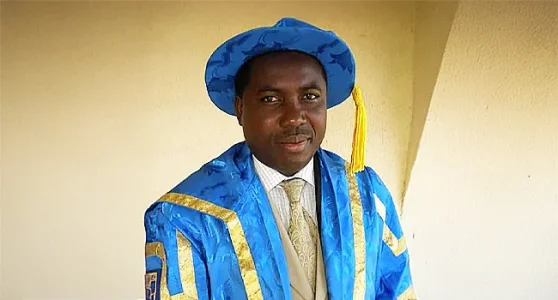
INEC has proposed using computer-generated voting slips for voters without PVCs in future elections, following the introduction of BVAS. This move aims to improve voter access, reduce costs, and eliminate PVC-related fraud. The commission also outlined 142 reform recommendations, including improved voter education and election security measures.
The Independent National Electoral Commission (INEC) has proposed using computer-generated voting slips for individuals without Permanent Voter Cards (PVCs) in future elections, emphasizing the need for more inclusive voter accreditation processes. The announcement was made during a quarterly meeting with Residents Electoral Commissioners (RECs) in Abuja, where INEC Chairman, Prof. Mahmood Yakubu, outlined the commission’s recommendations for electoral reform.
Yakubu explained that with the introduction of the Bimodal Voter Accreditation System (BVAS), PVCs should no longer be the exclusive requirement for voter accreditation. This shift aims to reduce reliance on physical cards, addressing the challenges around PVC collection and the illegal practice of card-buying to disenfranchise voters. He emphasized that those who already possess PVCs could continue to use them, but voters without PVCs would be able to use computer-generated slips issued by INEC or downloadable from its website for accreditation. This change is expected to save costs while improving accessibility.
Furthermore, Yakubu revealed that the commission had compiled 142 recommendations after internal and external consultations following the 2023 General Election. These recommendations span areas such as voter management, election technology, political party regulations, and election security. INEC also plans to improve voter access and distribution to polling units and address issues surrounding fake news and misinformation through enhanced voter education. The commission intends to make a presentation to the National Assembly for legislative actions on these reforms.




